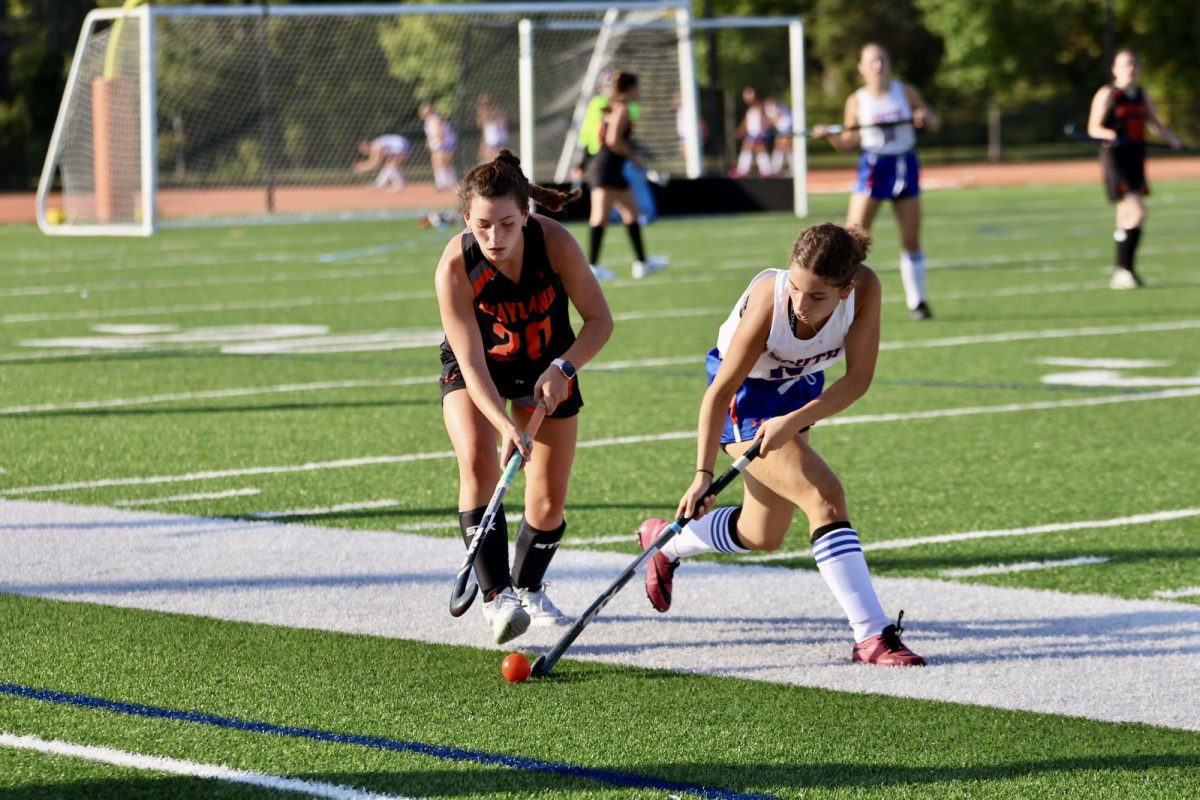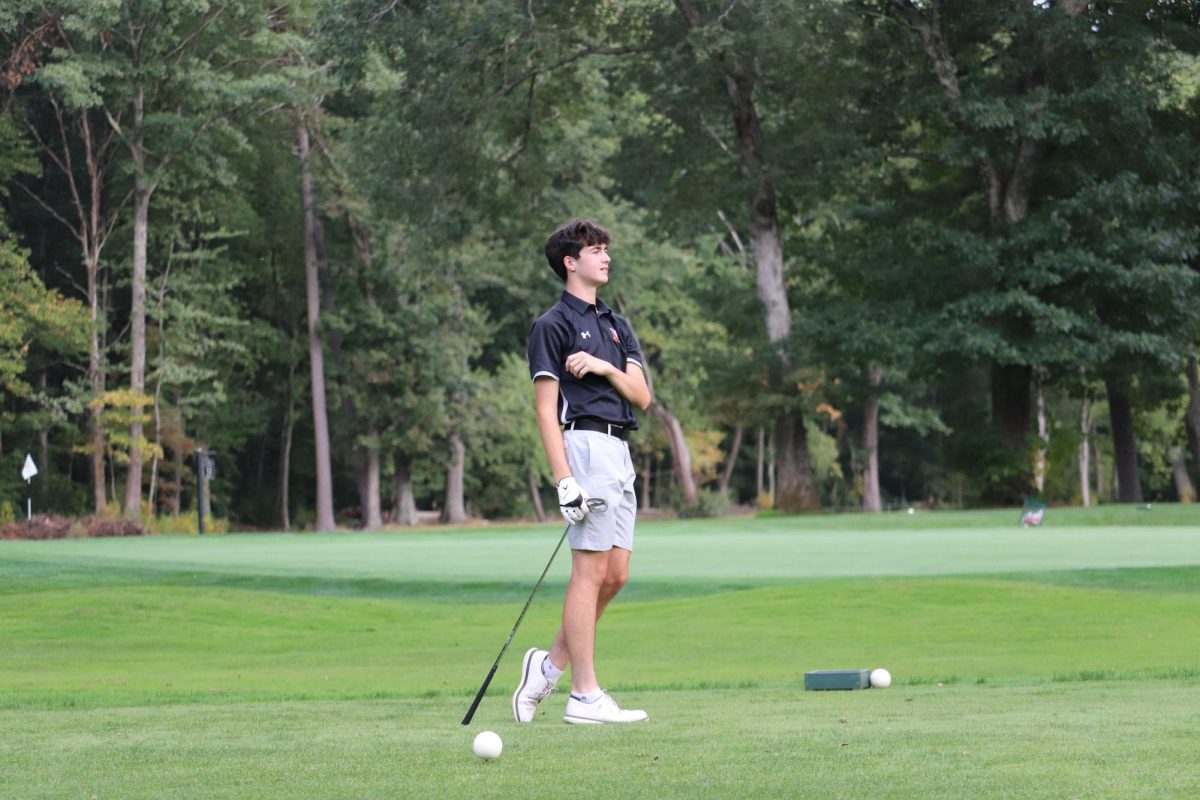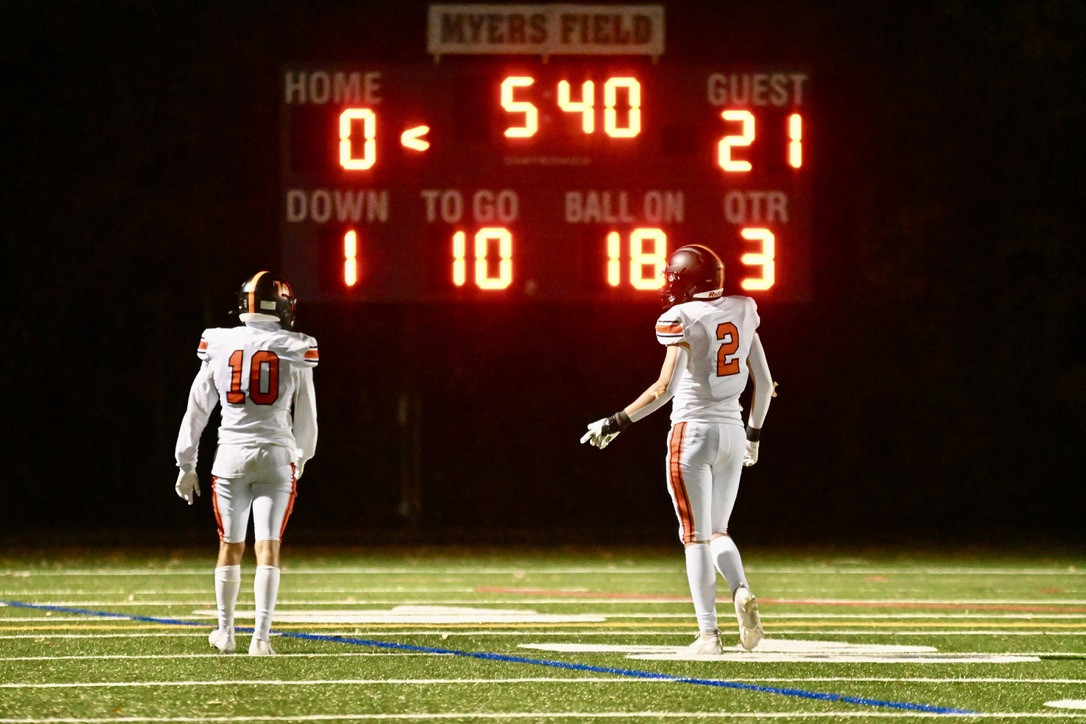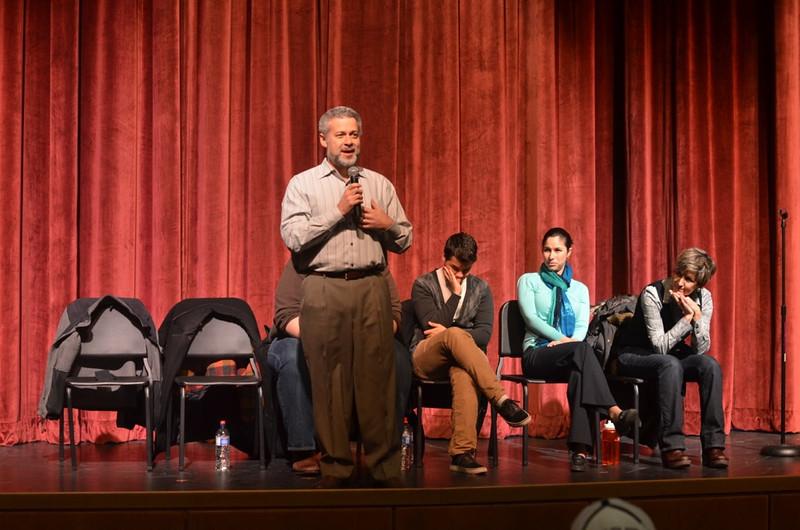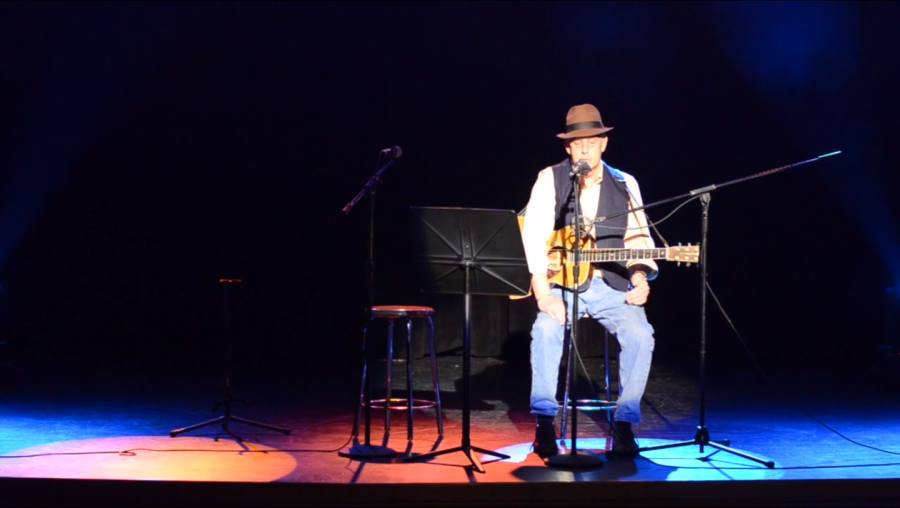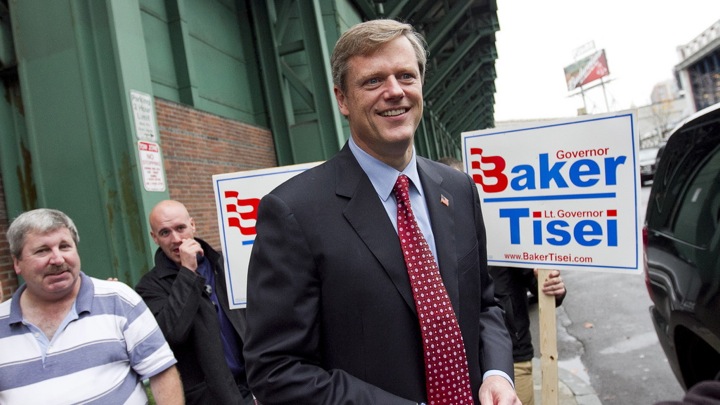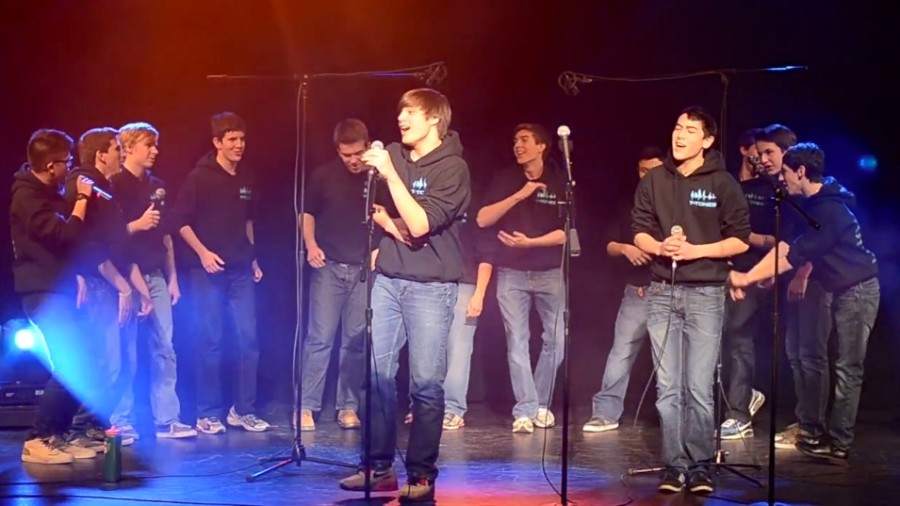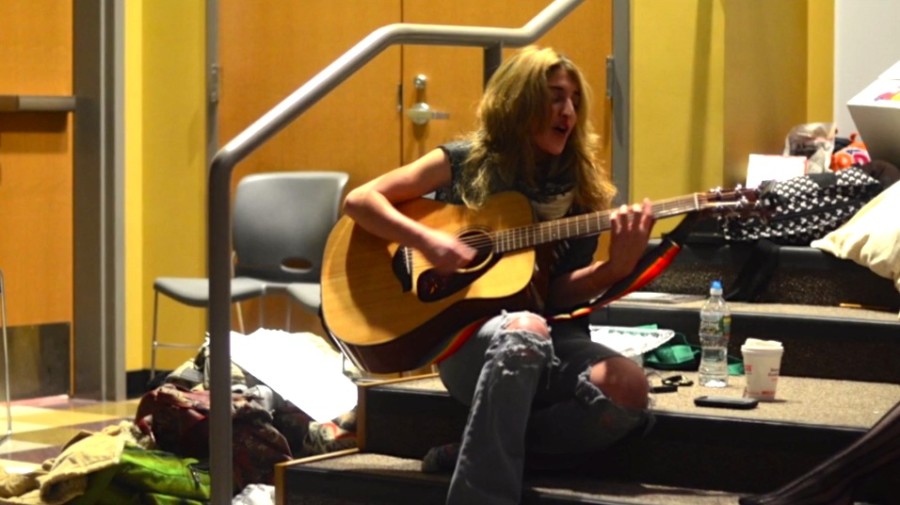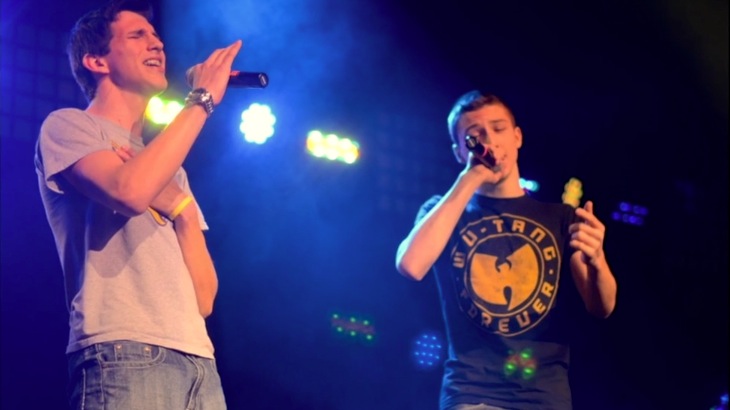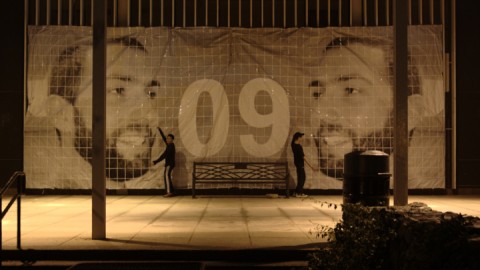
On their last day of classes, math and computer science teacher Michael Hopps’s senior computer science students played a prank on him. Cameron Tenny, class of 2009, and his friends created a program to inflate the pixels of an image and change the colors of these pixels to shades of gray — effectively enlarging the image and converting it from color to black and white. With use of this program and hours of tedious work, the students created a giant black and white poster of Hopps’s face, which they draped across the entryway of the Arts Building in the old school.
Six WHS graduates, including Tenny, who took Hopps’s computer science class and have since gone on to pursue educations and/or careers in computer science offered insights on the field during a Jan. 30 forum. The alumni panel was made up of Tenny, an MIT computer science graduate student, Mass General researcher and Android app developer Russell Wolf, General Dynamics worker Ryan Tobin, Nvidia employee and computer engineer Joshua Wise, UC San Diego bioinformatics graduate student Jeffrey Yuan, and Green Hills Software engineer Costas Akrivoulis. Wise, Yuan and Akrivoulis joined the discussion via Skype from California.
“I like being able to make the things around me do what I want. You could phrase it as ‘control freak,’” said Tenny of his interest in computer science. “It’s more than taking the things that already exist and making them work a different way. For me, getting into computer science was really a chance to make new things do things totally different ways.”
Computer and information technology occupations are among the fastest growing career tracks in the United States. The Bureau of Labor Statistics reports that fields within computer and information research science are expected to experience a 15% growth in job outlook from 2012 to 2022, while fields within software development are expected to experience a 22% growth in that same period of time. The average job outlook growth rate for all occupations across this timespan is 11%.
“We can’t find enough people to do the things that we need. We are always looking for more people. My housemate works at Google—they can’t hire fast enough. That’s the same at Microsoft. We are all hiring just incredibly fast,” said Wise.
Tobin shared his experience obtaining his first job. He gave companies his resume, and without actually applying anywhere, Tobin was contacted for several interviews and subsequently offered a job.
Having worked for both small and large companies, Tenny explained that a job in computer science can take very different forms from company to company, even in the same area of expertise. While a smaller company may focus heavily on collaborative work, a larger company may focus more on organized tasks and offer much less daily interaction.
“You can really choose what kind of environment you want to work in. Computer science isn’t all Microsoft cubicles or offices. You can optimize any culture,” said Tenny.
According to Tenny, even those not interested in a career in computer science should consider learning code or taking classes in coding. Computer science skills, Tenny says, are becoming increasingly applicable to other fields.


























